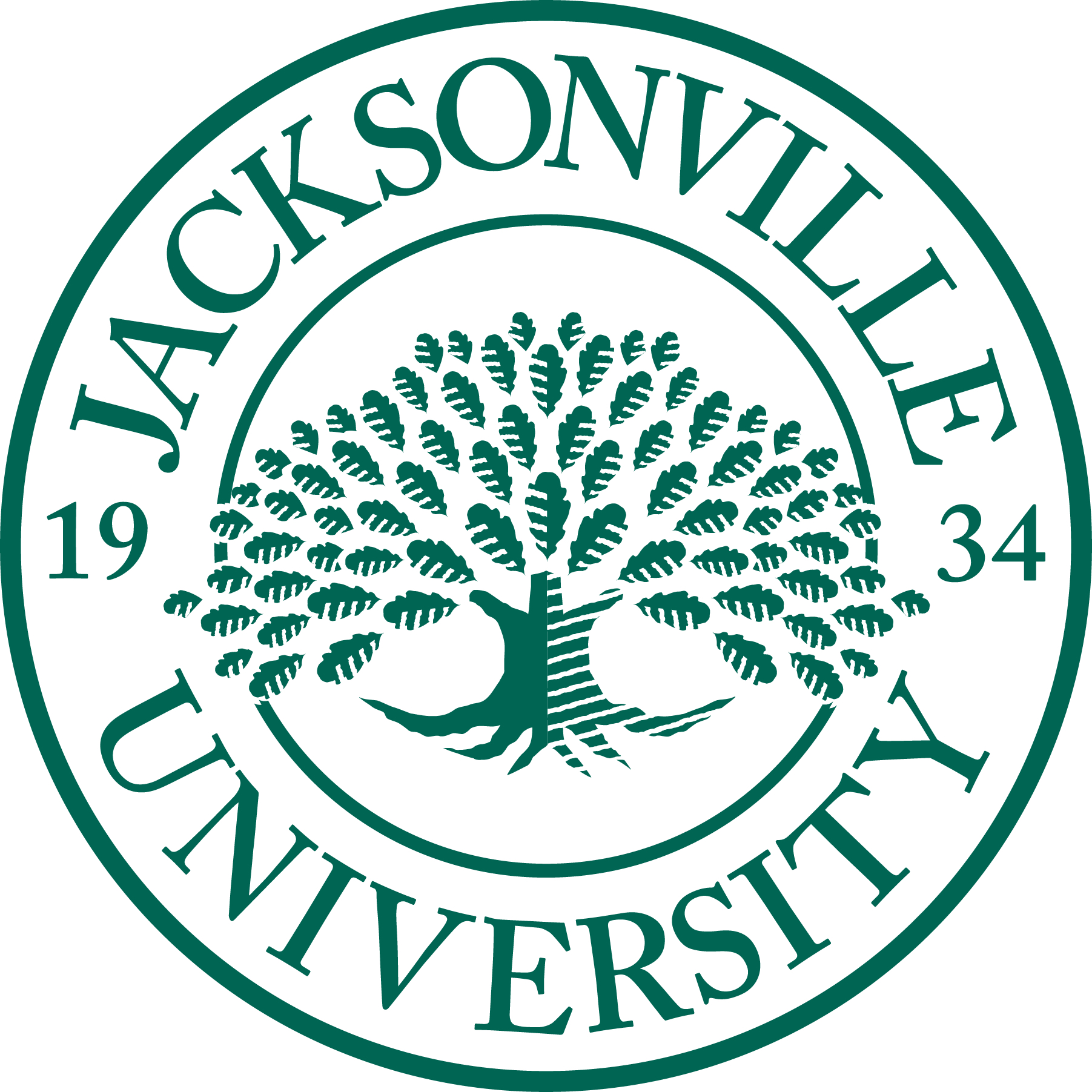Section 1.3 Practice Gateway Exam 3
The use of a calculator or any computer algebra system is not permitted on this test. No partial credit is available. A score of at least 7 correct is required to pass this gateway.
Find the derivative of each of the following functions:
Exercises Exercises
1.
\(f(x) = x^3+2\sqrt{x}+8\pi\)
Solution.
\begin{align*}
f'(x) \amp = \frac{d}{dx} \left[ x^3 + 2x^{1/2} + 8 \pi \right]\\
\amp = 3x^2 + 2\cdot \frac{1}{2} x^{-1/2}\\
\amp = 3x^2 + x^{-1/2}
\end{align*}
2.
\(g(x) = e^{2x^2-x}\)
Solution.
\begin{align*}
g'(x) \amp = e^{2x^2-x} \cdot \frac{d}{dx}[2x^2-x]\\
\amp = e^{2x^2-x} \cdot (4x-1)
\end{align*}
3.
\(r(x) = \ln(\cos(4x))\)
Solution.
\begin{align*}
r'(x) \amp = \frac{1}{\cos(4x)} \cdot \frac{d}{dx}[\cos(4x)]\\
\amp = \frac{1}{\cos(4x)} \cdot -\sin(4x) \cdot \frac{d}{dx}[4x]\\
\amp = \frac{-\sin(4x)}{\cos(4x)}\cdot 4
\end{align*}
4.
\(f(t) = \arcsin(t+1)\)
Solution.
\begin{align*}
f'(t) \amp = \frac{1}{\sqrt{1-(t+1)^2}} \cdot \frac{d}{dt}[t+1]\\
\amp = \frac{1}{\sqrt{1-(t+1)^2}}
\end{align*}
5.
\(f(x) = \dfrac{x^3+2x}{x^2}\)
Solution.
\begin{align*}
f'(x) \amp = \frac{d}{dx}\left[ x + 2x^{-1}\right]\\
\amp = 1-2x^{-2}
\end{align*}
6.
\(g(\theta) = \tan^3(4\theta)\)
Solution.
\begin{align*}
g'(\theta) \amp = \frac{d}{d\theta}\left[(\tan(4\theta))^3\right]\\
\amp = 3\tan^2(4\theta)\cdot \frac{d}{d\theta}[\tan(4\theta)]\\
\amp = 3\tan^2(4\theta) \cdot \sec^2(4\theta) \cdot \frac{d}{d\theta}[4\theta]\\
\amp = 3\tan^2(4\theta) \cdot \sec^2(4\theta) \cdot 4
\end{align*}
7.
\(h(t) = \dfrac{3t+5}{t^2+2}\)
Solution.
\begin{align*}
h'(t) \amp = \frac{(t^2+2)\cdot \frac{d}{dt}[3t+5] - (3t+5)\cdot \frac{d}{dt}[t^2+2]}{(t^2+2)^2}\\
\amp = \frac{(t^2+2)\cdot 3 - (3t+5) \cdot 2t}{(t^2+2)^2}
\end{align*}
8.
\(y = 4^x \sin(2x)\)
Solution.
\begin{align*}
\frac{dy}{dx} \amp = 4^x \cdot \frac{d}{dx}[\sin(2x)] + \sin(2x) \cdot \frac{d}{dx}[4^x]\\
\amp = 4^x\cdot \cos(2x)\cdot 2 + \sin(2x) \cdot \ln(4)\cdot 4^x
\end{align*}
